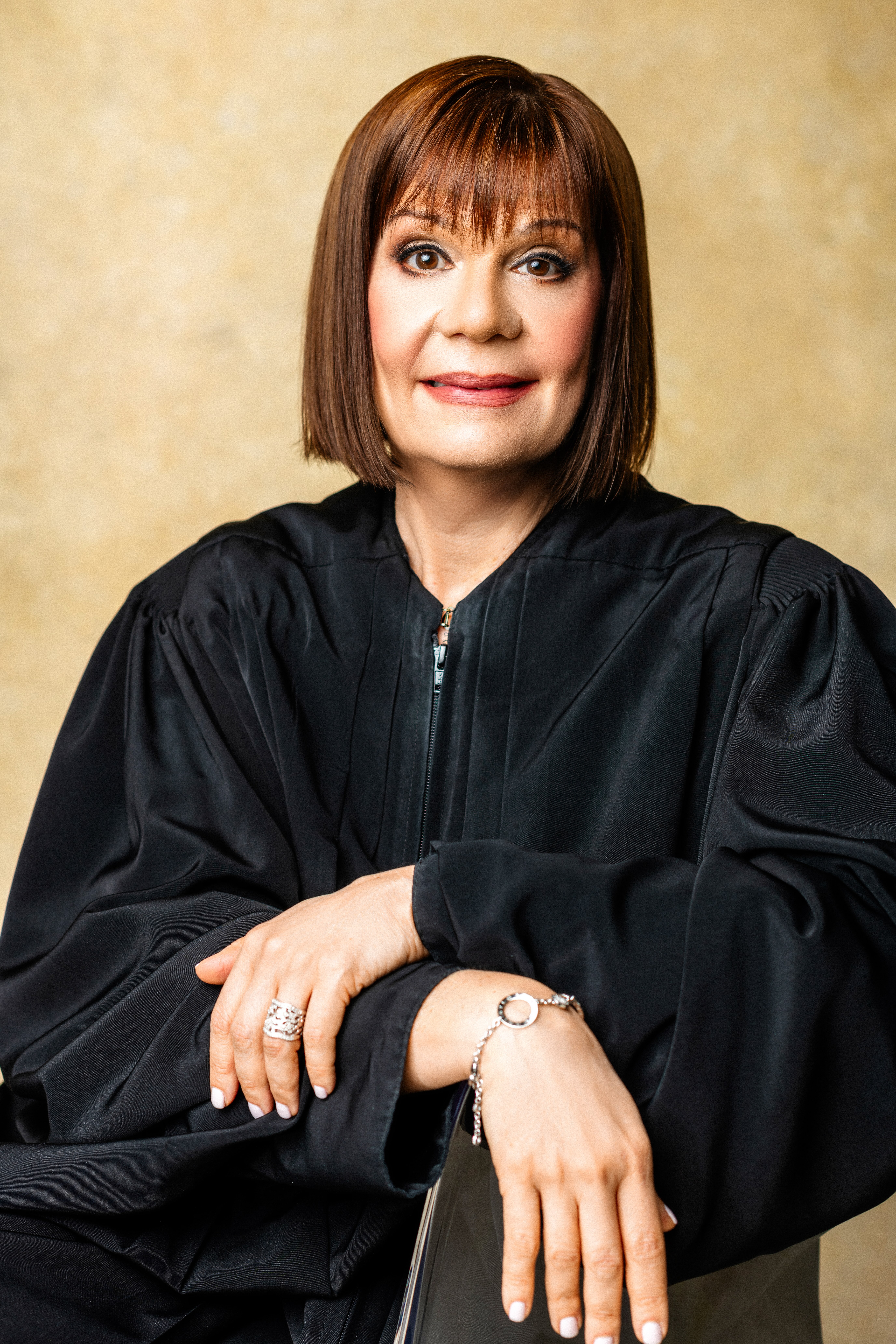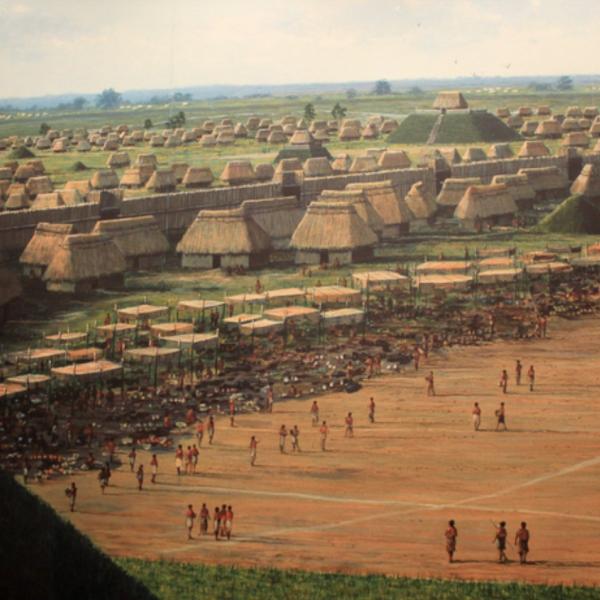What does it take to become a federal district judge and the longest-serving female U.S. magistrate judge in the District of Puerto Rico? For Camille L. Vélez-Rivé, AB ‘89, many skills can be traced back to her time as an Arts & Sciences undergrad.

Camille L. Vélez-Rivé first learned of WashU as a child in Puerto Rico. Her father, Dr. Enrique Vélez-García, was admitted to the Barnes-Jewish Hospital training program in 1960 for his medical internship, residency, and fellowship, and the family lived in St. Louis while he studied. She said it was unusual in those days for someone from the island to train at WashU.
“My father became the first licensed hematologist and oncologist in Puerto Rico, and, in that way, his education at WashU not only had a huge impact on our family but on Puerto Rico as well,” she said.
When it came time for Vélez-Rivé and her twin sister, Lizette, to choose a university, they followed in the footsteps of their father and older brother, Enrique, who’d headed to St. Louis three years earlier to study on the Danforth (then Hilltop) campus.
By then, Vélez-Rivé was already learning her third language. She grew up speaking Spanish at home, learning English in school, and was introduced to French as a young girl by her father. WashU offered a study abroad program that allowed students to spend a year in Paris, which appealed to Vélez-Rivé and her sister, who also attended WashU.
A French major with a business minor, Vélez-Rivé said the patience and persistence she needed to become proficient in a third language — including writing a thesis in French while studying abroad — were some of the key skills she needed to become a judge. Her language training also taught her to listen and consider things from diverse perspectives, an essential ability when hearing two sides of an argument in a courtroom.
She also credits her time in St. Louis and Paris with nurturing her independence, a critical trait for a judge. “Judicial independence means you have to persevere,” she said. “You have to be very sure of yourself without being influenced by anyone.”
From WashU, Vélez-Rivé returned to Puerto Rico for law school. After clerking for now-retired Puerto Rico Supreme Court Associate Justice Francisco Rebollo-López, she went into private practice and worked in civil litigation. Like her father, whose work improved public health across the island, Vélez-Rivé ultimately decided she wanted to give back as a public servant. She became an assistant U.S. attorney in Puerto Rico, doing several years of criminal appellate work before moving to the civil division.

In 2004, Vélez-Rivé was appointed a U.S. magistrate judge, a position she occupied for more than 18 years — the longest a female judge in Puerto Rico has held that role. In December 2022, President Biden commissioned her as a federal district judge, making her the fifth woman in Puerto Rican history to receive the honor.
“Success for me did not happen from one day to the next,” she said. “It took many years of hard work, sacrifices, and overcoming obstacles in both my personal and my professional lives to get to where I am today.”
Those challenges included navigating her two-year-old daughter’s leukemia diagnosis and treatment right after she was appointed magistrate judge. “One thing I am very proud of is that I was able to balance my personal life with my professional life,” she said. “I was able to do everything. I don’t know how, but I’m very proud of that.”
Today, the family’s WashU legacy continues. Vélez-Rivé’s daughter María Elisa Aguiló is now an Arts & Sciences undergraduate studying cognitive neuroscience and Italian. Vélez-Rivé is pleased her daughter has found a home in the same rich learning environment that nurtured her family over the decades.
“As good as the WashU education was 35 years ago, I think it’s even better today,” she said. The diversity of the Arts & Sciences curriculum provided an ideal launching pad for a career in public service. “I had a very well-rounded education that gave me the tools and knowledge to succeed in law.”



